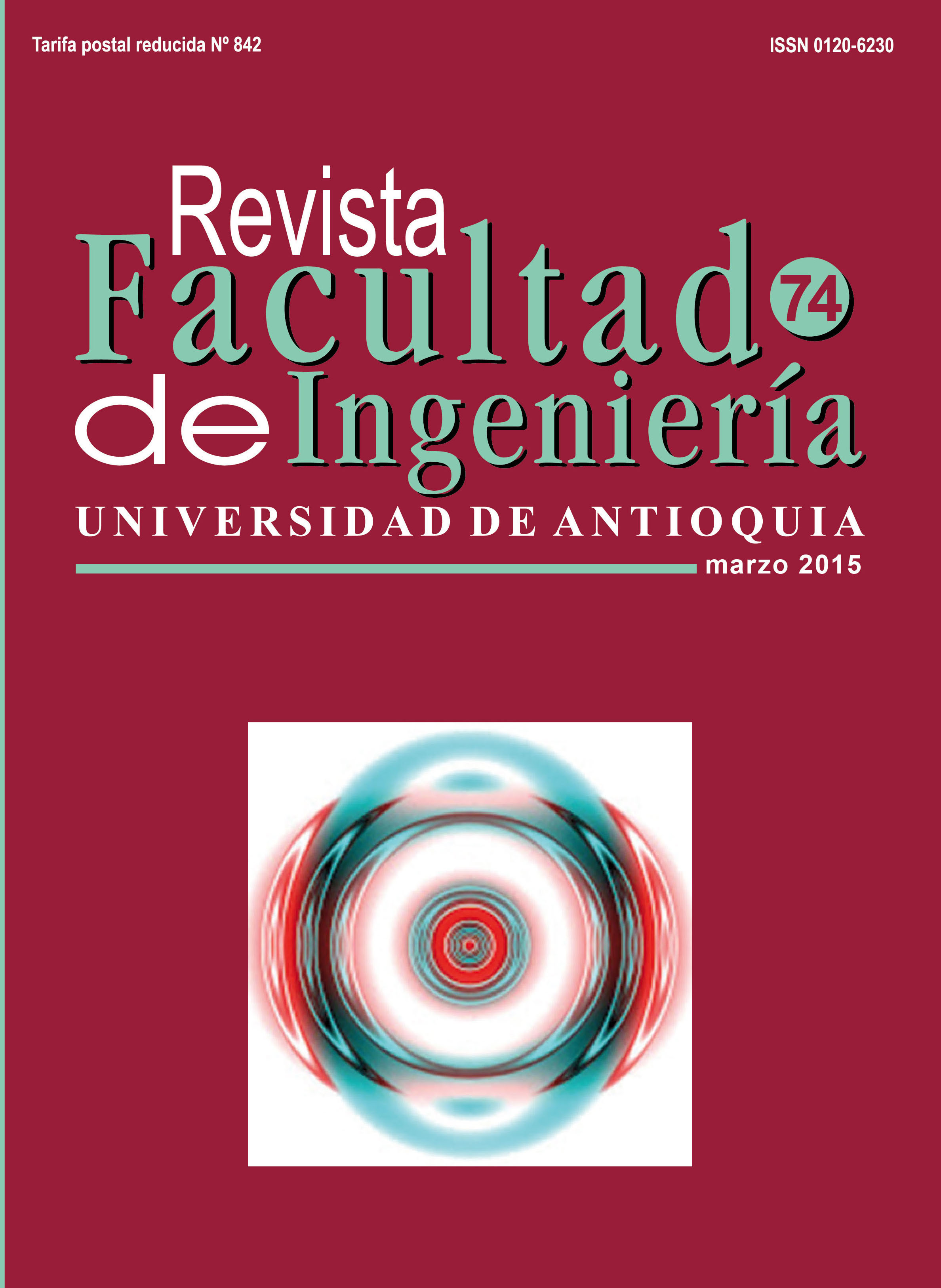Preliminary
DOI:
https://doi.org/10.17533/udea.redin.21925Abstract
Since the beginning of science, motivation for the search of knowledge was simple curiosity. However, nowadays the relationship between science and society has changed. Currently, conducting high quality research in some areas requires expensive equipment and very qualified staff, forcing researchers to compete fiercely for the limited resources and for a greater recognition. The pressure to publish research papers, and the lack of resources, has led to the detrimental of quality and ethics concerns of the published works, sometimes falling into scientific misconducts such as: scientific fraud (misrepresentation in data and results or manipulation thereof, plagiarism), unethical (fictitious authorship, repeated publications) and negligence in publishing (bibliographic mistakes).
Downloads
References
P. Avanzas, A. Bayes, L. Pérez, J. Sanchis, M. Heras. “Consideraciones éticas de la publicación de artículos científicos”.Revista Española de Cardiología. Vol. 64. 2011. pp. 427-429. DOI: https://doi.org/10.1016/j.recesp.2011.02.006
S. Collado, M. Vázquez. “Ética en las publicaciones científicas”. Biociencias. Vol. 4. 2006. pp. 3-8.
C. Hernández. “Ética de la publicación científica”. Revista Habanera de Ciencias Médicas. Vol. 6. 2007. pp. 1-7.
V. Tur, M. Fonseca, B. Gutiérrez. “Ética de la publicación científica: iniciativas y recomendaciones”. El profesional de la información. Vol. 21. 2012. pp. 35-41. DOI: https://doi.org/10.3145/epi.2012.sep.07
Downloads
Published
How to Cite
Issue
Section
License
Copyright (c) 2015 Revista Facultad de Ingeniería

This work is licensed under a Creative Commons Attribution-NonCommercial-ShareAlike 4.0 International License.
Revista Facultad de Ingeniería, Universidad de Antioquia is licensed under the Creative Commons Attribution BY-NC-SA 4.0 license. https://creativecommons.org/licenses/by-nc-sa/4.0/deed.en
You are free to:
Share — copy and redistribute the material in any medium or format
Adapt — remix, transform, and build upon the material
Under the following terms:
Attribution — You must give appropriate credit, provide a link to the license, and indicate if changes were made. You may do so in any reasonable manner, but not in any way that suggests the licensor endorses you or your use.
NonCommercial — You may not use the material for commercial purposes.
ShareAlike — If you remix, transform, or build upon the material, you must distribute your contributions under the same license as the original.
The material published in the journal can be distributed, copied and exhibited by third parties if the respective credits are given to the journal. No commercial benefit can be obtained and derivative works must be under the same license terms as the original work.










 Twitter
Twitter